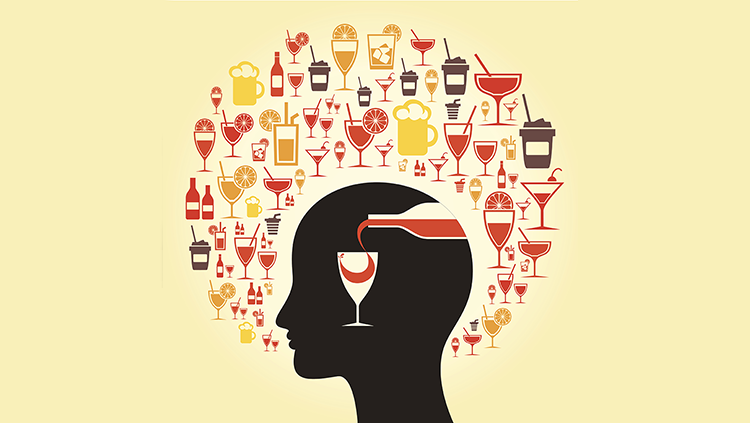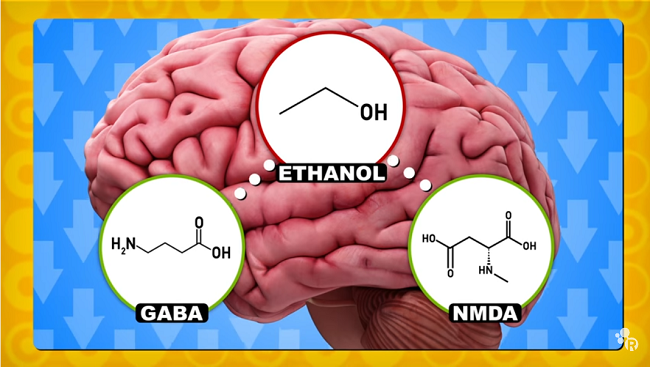Filter
-
(1)
-
(1)
-
-
(1)
-
(1)
-
-
(16)
-
(1)
-
(1)
-
(1)
-
-
(3)
-
(2)
-
(1)
-
-
(2)
-
(1)
-
(1)
-
-
(27)
-
(9)
-
(11)
-
(12)
-
(10)
-
-
(1)
-
(1)
-
-
(4)
-
(4)
-
(1)
-
-
(7)
-
(7)
-
-
(3)
-
(5)
-
(1)
-
(1)
-
(1)
-
(1)
-
(1)
-
-
(47)
-
(25)
-
(1)
-
(1)
-
(2)
-
(1)
-
(2)
-
(16)
-
(4)
-
(8)
-
-
(13)
-
(6)
-
(4)
-
(2)
-
(2)
-
-
(6)
-
(2)
-
(2)
-
(1)
-
(1)
-
-
(2)
-
(1)
-
(1)
-
-
(16)
-
(7)
-
(2)
-
(9)
-
-
(1)
-
(1)
-
-
(2)
-
(2)
-
-
(4)
-
(4)
-
-
(2)
-
(5)
-
(4)
-
(1)
-
-
(4)
-
(2)
-
(2)
-
(1)
-
(1)
-
(1)
-
-
(2)
-
(1)
-
(1)
-
(1)
-
-
(20)
-
(6)
-
(9)
-
(8)
-
(4)
-
(1)
-
-
(3)
-
(1)
-
-
(3)
-
(1)
-
(1)
-
(3)
-
(1)
-
(1)
-
(1)
-
(1)
-
(1)
-
(1)
-
-
(3)
-
(1)
-
(1)
-
(2)
-
-
(49)
-
(2)
-
(10)
-
(7)
-
(15)
-
(12)
-
(1)
-
(1)
-
(4)
-
(1)
-
(5)
-
(2)
-
(4)
-
(5)
-
(1)
-
-
(6)
-
(1)
-
(1)
-
(1)
-
(1)
-
(1)
-
(1)
-
(1)
-
-
(51)
-
(1)
-
(3)
-
(2)
-
(9)
-
(1)
-
(5)
-
(1)
-
(20)
-
(8)
-
(7)
-
(1)
-
(10)
-
(2)
-
(1)
-
(2)
-
(1)
-
(1)
-
(1)
-
(1)
-
(9)
-
(5)
-
(1)
-
(9)
-
(6)
-
(58)
-9 - 0 of 74 results
-
The addictive substance in alcohol, ethanol, acts as a stimulant in lower blood-alcohol concentrations and as a depressant in larger concentrations.
-
The neurological consequences of teenage alcohol abuse can last well beyond the teen years and into adulthood.
-
Tipsy honeybees might be a new animal model in addiction research.
-
Click the buttons below for an assortment of videos and articles to learn some of the facts, myths, and long-term effects of alcohol.
-
-
In this lesson by the American Association for the Advancement of Science, students learn how alcohol affects different parts of the brain, which in turn affects behavior.
-
Learn about the science underlying the effects of alcohol on human biology and behavior in this interactive teaching unit from the National Institutes of Health.
-
James Samuel Risien Russell was one of Britian’s first Black medical consultants.
-
Fetal alcohol spectrum disorders are more common than you might think, and can cause severe problems for those affected.
-
And other neuroscience news you may have missed in November 2024.














